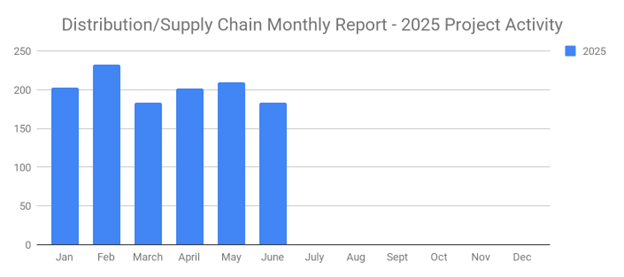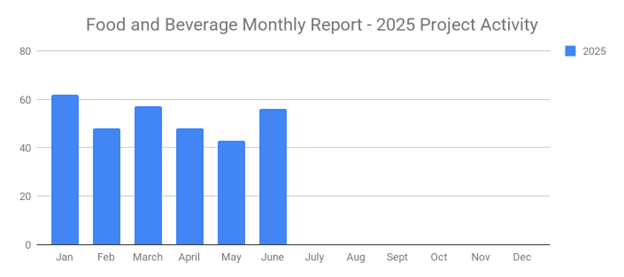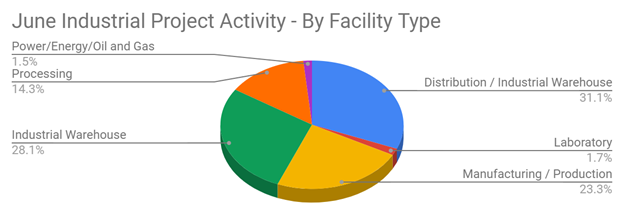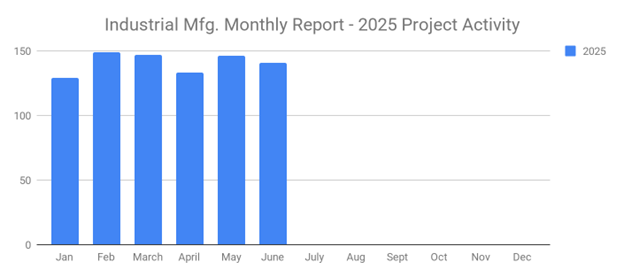Identify Key Buying Signals Before Your Competitors
What are trigger events?
If someone offered you dessert right before you were planning to eat dinner, you most likely would decline. However, if you were offered the same dessert just after dinner, you'd probably accept with little reservation.
Timing is important in life; and sales and marketing are no different. If you contact a prospect just after they have made a large investment in competitive products or services, they are most likely not going to engage with you. However, would the result be the same if you were to catch wind that they will be needing your products or service in the near future and strategically reach out before the buying process even began? Probably not.
An occurence or change within a business that opens up a sales opportunity is called a trigger-event. Your ability to obtain and take action on that knowledge of the impending event can be a game-changer for your lead generation efforts.
Why should I care about event driven sales intelligence?
If not already obvious, having intelligence on transitions or changes within companies can benefit your business development teams in several ways, but the two most common that we here from our clients are:
Improve Sales Resource Efficiency: Cold calling static B2B lead lists is time consuming and expensive. Today's business development teams need actionable insights on which prospects to engage and when.
Increased Conversions: Personalization is expected in today's B2B sales arena. When you are able to specifically reference a change in a prospects business, you automatically have more rapport that your competition.
What types of events should I track?
The possibilities are nearly endless. To start, we suggest starting with analyzing some of the significant deals that you have recently won. Then think about what caused your client(a prospect at the time) to engage with you. Was there a change in their business that caused the demand for a new vendor?
After doing this excercise several times, you will start to see trends in the events that initially created the demand for your products or services.
Here are a few common examples of the trigger events that we help clients track everyday:
- Facility Transitions: relocations, expansions, capital investments, new leases etc
- Staffing Needs: hiring announcements, job openings, layoffs, changes in velocity
- Funding and Capitalization Changes
- Mergers and Acquisitions
- Newly Hired Executives
- Entering a New Market
- Financial Performance
- Strategic Changes: new product announcement, price changes, materials
- Press Coverage
- Legal and Legislation Issues
- Among many others
What to learn more? Get in Touch
Latest Posts
-

June's New Distribution and Supply Chain Planned Projects Return to March’s 183 Confirmed Figure
-

Food and Beverage Rebounds with 56 New Planned Projects Igniting Growth After Decline
-

June 2025’s New Industrial Construction Projects Grew 7% Month-Over-Month
-

Q2 Industrial Manufacturing Soars 31% for Planned Projects Over $100M; June Planned Industrial Projects Hit 141

